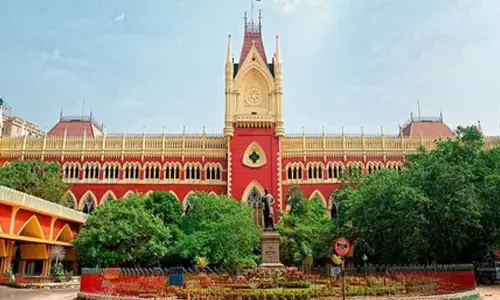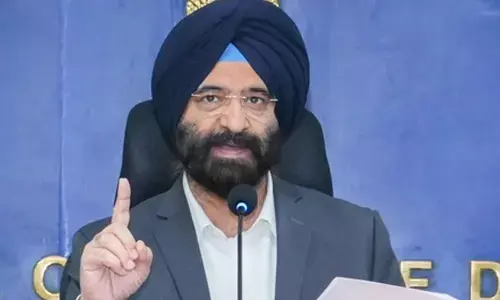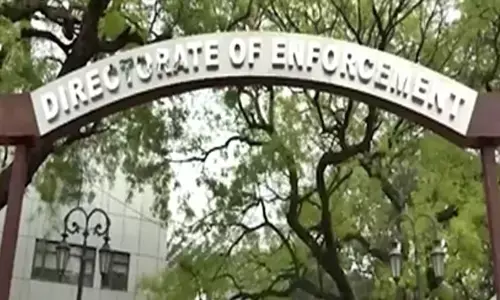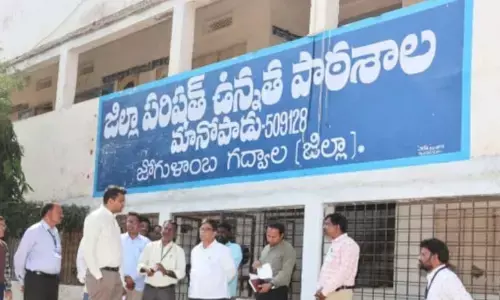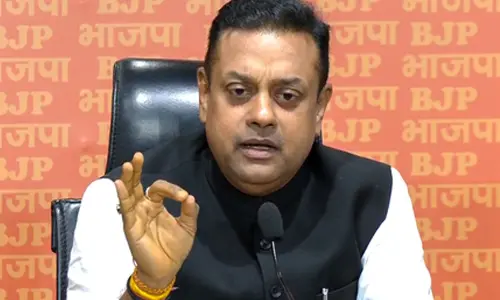RBI ups weight of SBI, HDFC Bank in too-big-to-fail list
Share :
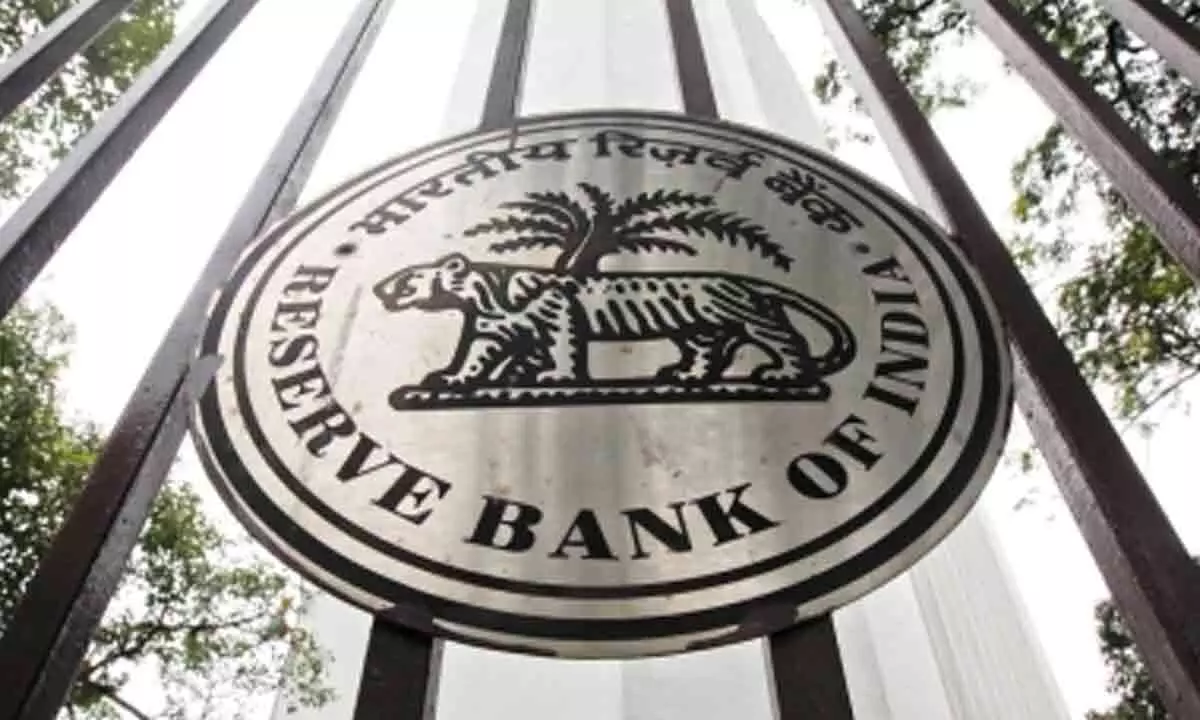
The Reserve Bank of India has upgraded the weightage of SBI and HDFC Bank on its list of three Domestic Systemically Important Banks (D-SIBs) for 2023 which includes ICICI Bank as well.
Mumbai: The Reserve Bank of India has upgraded the weightage of SBI and HDFC Bank on its list of three Domestic Systemically Important Banks (D-SIBs) for 2023 which includes ICICI Bank as well.
The RBI said on Thursday that while ICICI Bank continues to be in the same bucket structure as last year, SBI and HDFC Bank move to higher buckets – SBI shifts from bucket 3 to bucket 4 and HDFC Bank shifts from bucket 1 to bucket 2.
The three D-SIBs are require closer regulation under which they need to set aside more capital to avoid risk because if they fail this could have a disastrous effect on the country's entire economy. These banks are also classified as "too-big-to-fail".
For SBI and HDFC Bank, the increase of 0.2 per cent in D-SIB buffer requirements on account of the bucket increase will be effective from April 1, 2025.
The additional Common Equity Tier 1 (CET1) requirement will be in addition to the capital conservation buffer, the RBI said.
The current update is based on the data collected from banks as on March 31, 2023 and factoring in the increased systemic importance of HDFC Bank post the merger of erstwhile HDFC Limited into HDFC Bank on July 1, 2023, RBI said.
The D-SIB framework requires the RBI to disclose the names of banks designated as D-SIBs starting from 2015 and place these banks in appropriate buckets depending upon their Systemic Importance Scores (SIS).
Based on the bucket in which a D-SIB is placed, an additional common equity requirement has to be applied to it.
In case a foreign bank having branch presence in India is a Global Systemically Important Bank (G-SIB), it has to maintain additional CET1 capital surcharge in India as applicable to it as a G-SIB, proportionate to its Risk Weighted Assets (RWAs) in India, i.e., additional CET1 buffer prescribed by the home regulator (amount) multiplied by India RWA as per consolidated global Group books divided by total consolidated global Group RWA.









